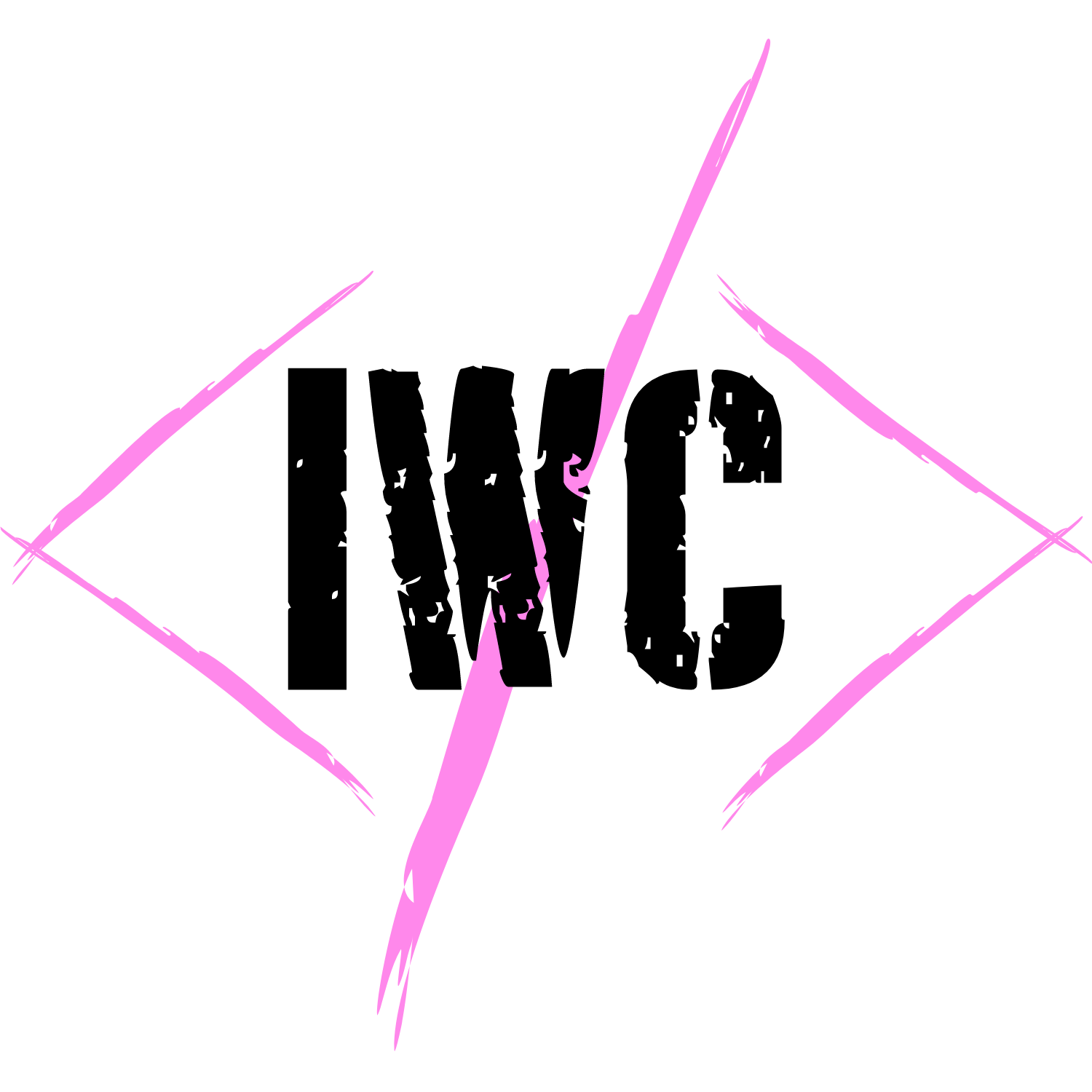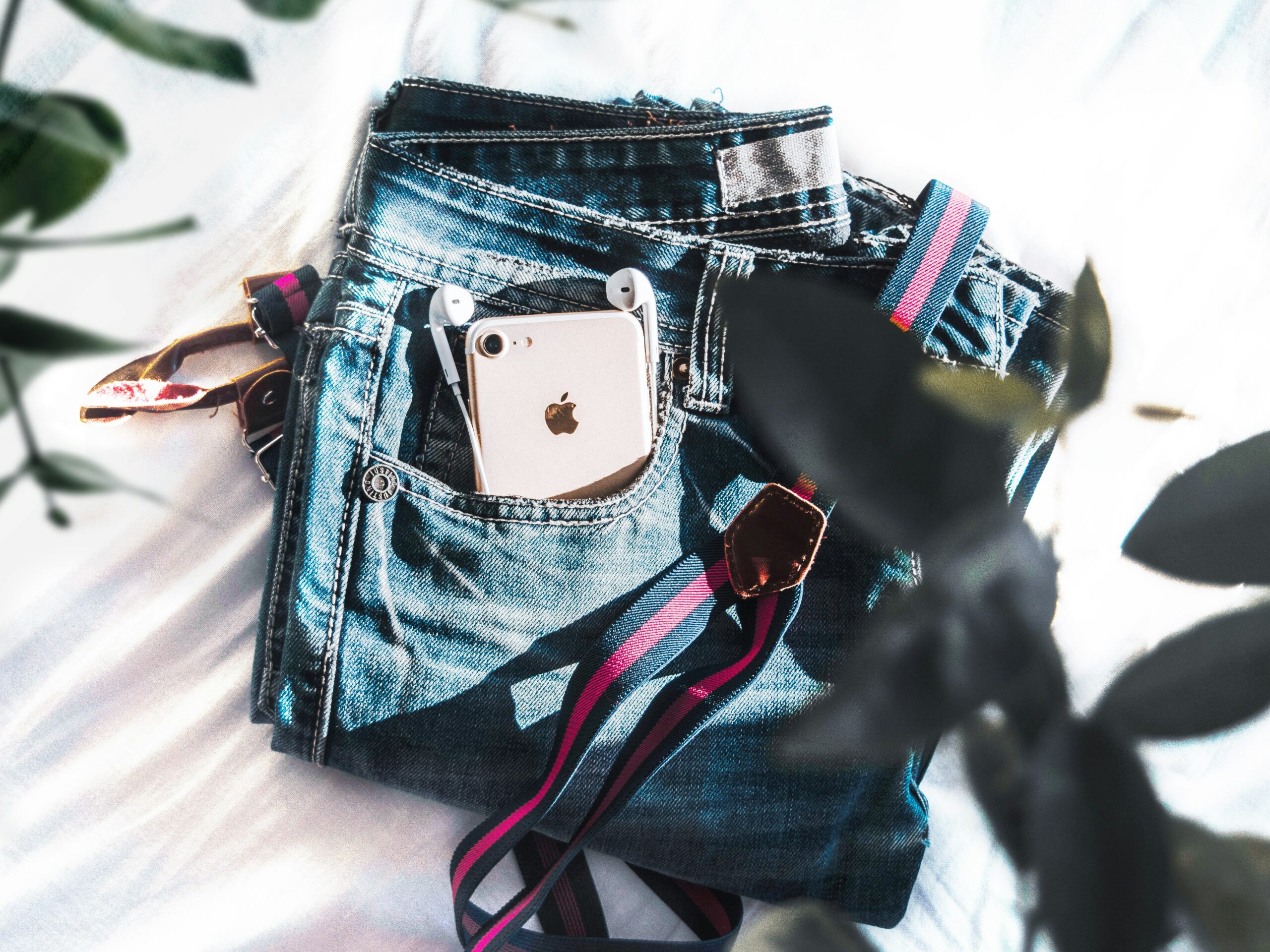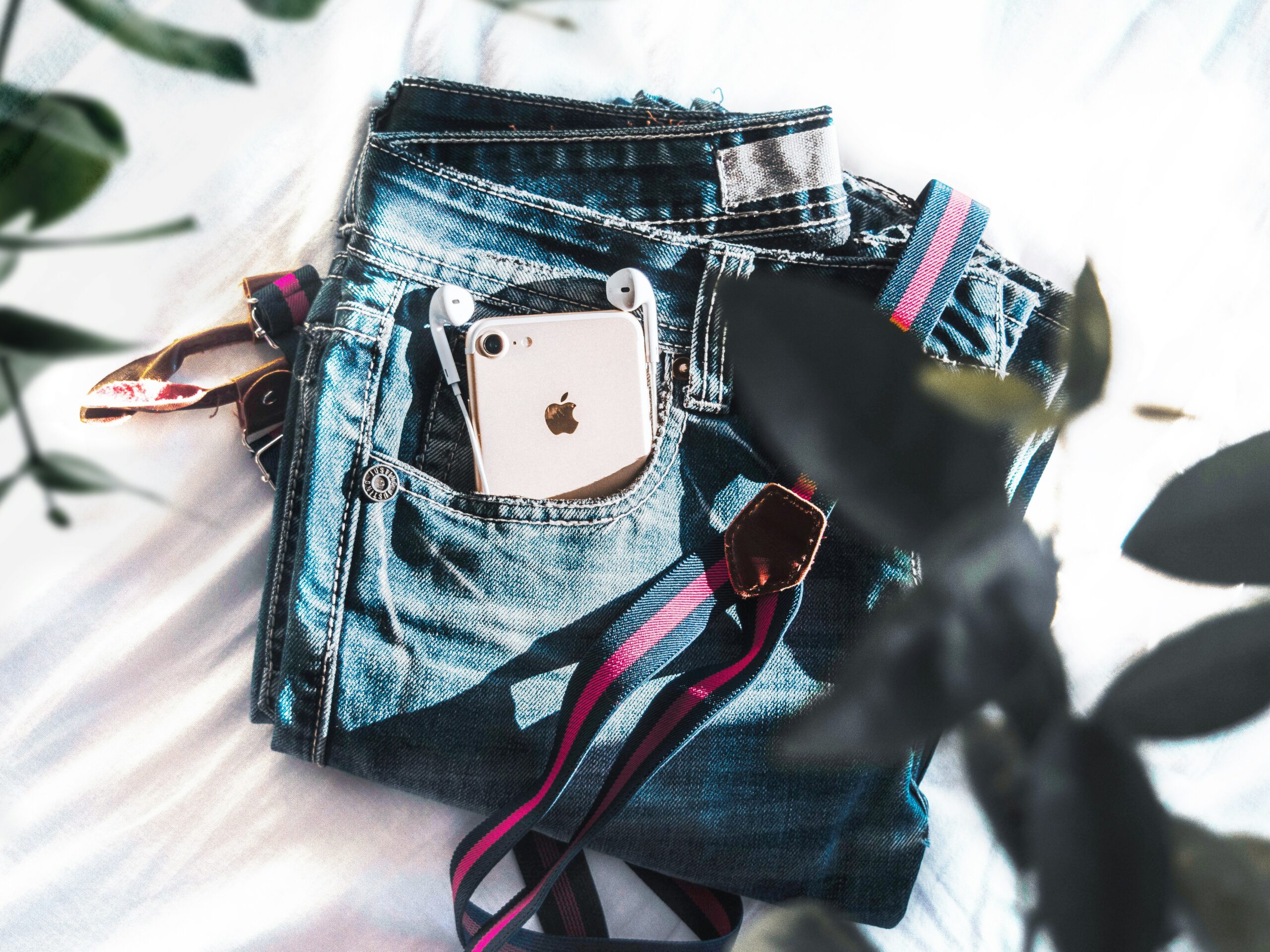Introduction to Tech Icons and Fashion
The intersection of technology and fashion is an intriguing domain where the influence of prominent tech figures transcends beyond their professional achievements. Tech icons such as Steve Jobs, Mark Zuckerberg, and Elon Musk have not only revolutionized the technological landscape but have also left an indelible mark on fashion trends. These individuals, through their distinctive style choices, have become cultural symbols, influencing how techies and the broader public perceive and adopt fashion.
Steve Jobs, the co-founder of Apple Inc., is perhaps one of the most recognizable tech icons whose fashion sense has become a part of his legacy. His signature look—consisting of a black turtleneck, blue jeans, and New Balance sneakers—embodies simplicity and functionality, reflecting the design philosophy of Apple’s products. This minimalist style has inspired a generation of tech enthusiasts who prioritize practicality and comfort in their wardrobe choices.
Mark Zuckerberg, the CEO of Meta Platforms (formerly Facebook), is another notable figure whose fashion choices have garnered attention. Known for his consistent attire of a gray t-shirt and jeans, Zuckerberg’s style underscores a pragmatic approach, often interpreted as a focus on efficiency and reducing decision fatigue. This sartorial consistency has become emblematic of the tech industry’s culture, where innovation and productivity often take precedence over fashion.
Elon Musk, the CEO of Tesla and SpaceX, presents a different narrative in the intersection of tech and fashion. Musk’s public appearances often feature sharp suits and trendy casual wear, merging the worlds of high-tech innovation and modern fashion. His dynamic style resonates with his multifaceted persona as an entrepreneur, inventor, and visionary, influencing not only tech aficionados but also those who admire his forward-thinking ethos.
These tech icons exemplify how personal style can transcend mere fashion, becoming a statement of their philosophies and the tech culture they help shape. Their influence on fashion trends underscores a broader cultural shift where technology and style are increasingly interwoven.
The Steve Jobs Effect: Minimalism and Turtlenecks
Steve Jobs, the co-founder of Apple Inc., is known not only for his revolutionary contributions to technology but also for his distinctive fashion sense. His daily uniform of a black turtleneck, jeans, and New Balance sneakers has become synonymous with his identity. This minimalist attire did more than just define Jobs’s personal brand; it sparked a broader trend towards simplicity and functionality in fashion, particularly among techies and those inspired by the tech industry.
Jobs’s choice of a black turtleneck, designed by Issey Miyake, paired with Levi’s 501 jeans, was a deliberate move towards creating a uniform that eliminated the need for daily outfit decisions. This concept of a simplified wardrobe has resonated with many in the tech world, who appreciate efficiency not only in their work but also in their personal lives. The aesthetic of minimalism, characterized by clean lines, muted colors, and a focus on functionality, has since permeated tech-themed merchandise and fashion trends.
The impact of Jobs’s style is evident in the proliferation of minimalist tech accessories and clothing lines. Brands have embraced the ethos of simplicity, producing items like sleek laptop sleeves, plain t-shirts, and understated hoodies that cater to the tech-savvy consumer. These products emphasize practicality and elegance, mirroring the design principles that Jobs championed throughout his career. Companies such as Everlane and Uniqlo have successfully integrated this minimalist approach into their collections, appealing to both tech enthusiasts and a broader audience.
Moreover, Jobs’s influence extends beyond individual fashion choices to the broader culture of tech icons. Figures like Mark Zuckerberg and Elon Musk have also adopted simplified wardrobes, reinforcing the association between minimalism and innovation. This ongoing legacy highlights the enduring impact of Steve Jobs’s sartorial choices, demonstrating how the intersection of technology and fashion can lead to lasting trends.
Mark Zuckerberg’s Normcore: Casual and Practical
Mark Zuckerberg, the co-founder and CEO of Facebook, is renowned not only for his technological innovations but also for his distinctive fashion sense, which epitomizes the normcore trend. His preference for simple grey t-shirts and hoodies has become emblematic of a style that prioritizes practicality and comfort over ostentation. This unassuming approach to fashion has resonated deeply with tech enthusiasts and has had a notable impact on casual fashion trends.
Normcore, a term that combines “normal” and “hardcore,” emerged as a fashion trend that embraces plain, everyday clothing. Zuckerberg’s wardrobe choices exemplify this trend, reflecting the tech industry’s broader focus on efficiency and functionality. His decision to adopt a minimalist wardrobe is rooted in the concept of decision fatigue, a psychological phenomenon where the quality of decisions deteriorates after an extended period of decision-making. By wearing the same type of clothing every day, Zuckerberg minimizes the number of trivial decisions he has to make, allowing him to direct his mental energy towards more critical aspects of his work.
Moreover, Zuckerberg’s fashion choices have influenced techies and the broader public, popularizing a style that values simplicity and comfort. This influence extends beyond individual wardrobes to tech-themed merchandise, where minimalist designs and practical materials are increasingly favored. The rise of athleisure, a trend that blends athletic wear with leisurewear, can also be seen as a reflection of this shift towards practical, comfortable fashion.
In the tech industry, where long hours and intense focus are common, the appeal of Zuckerberg’s normcore style is evident. It symbolizes a rejection of the superficial in favor of the substantial, aligning with the industry’s ethos of innovation and problem-solving. By championing a style that is both accessible and pragmatic, Mark Zuckerberg has not only shaped the fashion choices of tech enthusiasts but has also underscored the importance of functionality in everyday wear.
Elon Musk: Futuristic and Bold Fashion Statements
Elon Musk, the visionary behind groundbreaking companies such as Tesla and SpaceX, has a fashion sense that mirrors his innovative spirit. Known for his futuristic and bold sartorial choices, Musk’s wardrobe often features sleek, modern designs that reflect his forward-thinking mindset. His preference for avant-garde fashion is not just a personal statement but also an extension of his vision for the future, pushing the boundaries of what is considered conventional in both technology and style.
Musk’s fashion choices frequently showcase his penchant for innovation. For instance, his appearances at high-profile events often include tailored suits with a contemporary twist, blending classic elegance with a hint of the avant-garde. This unique style has not only set him apart in the tech world but has also influenced broader fashion trends. Designers and fashion enthusiasts alike draw inspiration from Musk’s ability to merge functionality with cutting-edge aesthetics, leading to the creation of tech-themed merchandise and accessories that embody this ethos.
The influence of Musk’s fashion extends beyond just clothing. Accessories such as sleek, minimalist watches and futuristic eyewear have become synonymous with the tech-savvy look he champions. His affinity for SpaceX-branded apparel, featuring clean lines and modern materials, has further cemented his status as a style icon within tech circles. These items are not merely fashion statements but are emblematic of a larger cultural shift towards embracing innovation and futuristic designs in everyday life.
Elon Musk’s impact on fashion is a testament to the growing intersection between technology and style. As techies continue to look up to famous figures in tech for inspiration, Musk’s approach to fashion serves as a blueprint for integrating futuristic elements into one’s wardrobe. Whether through bold clothing choices or tech-themed accessories, Musk’s influence is unmistakable, driving a wave of fashion trends that celebrate innovation and the future.
The Rise of Tech-Themed Merchandise
The intersection of technology and fashion has given rise to a burgeoning market for tech-themed merchandise. This trend reflects a broader cultural movement where the influence of tech icons extends beyond the digital realm into everyday life. Renowned figures in the tech industry, such as Steve Jobs, Elon Musk, and Mark Zuckerberg, have become synonymous with innovation, and their personal styles have inspired a variety of fashion trends. This confluence of tech and fashion is evident in the growing array of clothing, accessories, and gadgets that celebrate these famous figures in tech.
One notable example of tech-themed merchandise is the rise of branded apparel that pays homage to iconic tech entrepreneurs. T-shirts emblazoned with quotes from Steve Jobs or graphics that reference Elon Musk’s ventures into space are not just items of clothing; they serve as a tribute to the achievements and legacies of these techies. Similarly, accessories such as smartwatches and tech-inspired jewelry have become fashionable statements, combining functionality with a nod to the tech world.
The fashion industry has adeptly capitalized on this trend by producing items that resonate with the ethos of tech icons. Collaborations between tech companies and fashion brands have yielded exclusive lines of merchandise that appeal to a consumer base eager to embody the spirit of innovation. For instance, limited-edition sneakers designed in collaboration with tech giants or jackets embedded with smart technology reflect a seamless blend of style and utility.
Moreover, tech-themed merchandise is not limited to clothing and accessories. Gadgets and devices that enhance the lifestyle of tech enthusiasts are also gaining popularity. Items like virtual reality headsets, high-tech backpacks, and customizable phone cases serve a dual purpose: they are practical tools for modern life and symbols of a tech-driven identity. The appeal of such merchandise lies in its ability to offer consumers a tangible connection to the digital world they admire.
In essence, the rise of tech-themed merchandise underscores the profound influence of tech icons on contemporary fashion trends. By integrating elements of technology into everyday items, the fashion industry continues to celebrate and perpetuate the legacy of these pioneering figures, making them an integral part of popular culture.
Fashion Collaborations with Tech Companies
In recent years, the intersection of technology and fashion has given rise to a multitude of collaborations between tech companies and high-end fashion brands. These partnerships have not only created unique, innovative products but also bridged the gap between two seemingly disparate industries, catering to the tastes of tech-savvy consumers. One notable example is the collaboration between Apple and Hermès for the Apple Watch. This partnership melds the sleek, cutting-edge technology of Apple with the timeless luxury and craftsmanship of Hermès, resulting in a product that appeals to both tech enthusiasts and fashion aficionados.
The Apple Watch Hermès is a testament to how technology and fashion can coexist harmoniously. With its distinctive Hermès-designed watch faces and finely crafted leather bands, it exemplifies the blend of form and function. This collaboration highlights how tech icons and fashion trends can influence each other, leading to products that are both highly functional and aesthetically pleasing. The Apple Watch Hermès caters to a market that values both technological innovation and high fashion, thereby expanding the reach of both brands.
Similar collaborations have emerged between other tech companies and fashion houses. For instance, Google teamed up with Levi’s to create the Jacquard smart jacket, which integrates touch-sensitive fabric technology into a classic denim design. This collaboration showcases how the integration of tech-themed merchandise into everyday fashion items can enhance their functionality while maintaining their style. Such partnerships not only push the boundaries of what wearable technology can achieve but also elevate the perception of techies as trendsetters in the fashion world.
The impact of these collaborations is profound, as they foster innovation and set new standards for both industries. Fashion brands benefit from the cutting-edge technology that tech companies bring to the table, while tech firms gain access to the craftsmanship and design expertise of fashion houses. Together, they create products that resonate with a modern audience that values both technical prowess and stylish design. As the lines between technology and fashion continue to blur, we can expect more groundbreaking collaborations that redefine the landscape of both fields.
Influence of Tech Conferences on Fashion Trends
Tech conferences such as the Consumer Electronics Show (CES) and Apple’s Worldwide Developers Conference (WWDC) have become significant trendsetters, not just in technology, but also in the realm of fashion. These events attract thousands of attendees, ranging from techies to famous figures in tech, all of whom often make distinct style statements that ripple outward into mainstream fashion.
Typically, the attire seen at these tech gatherings blends practicality with a touch of innovation. For instance, the classic combination of jeans and a tech-themed t-shirt remains a staple, reflecting the casual yet professional vibe of the industry. However, a growing trend among attendees is the adoption of smart clothing. Wearable tech, such as jackets with built-in charging ports and biometric sensors, is increasingly popular, highlighting the seamless integration of technology and fashion.
Moreover, tech icons like Steve Jobs and Mark Zuckerberg have become inadvertent fashion influencers. Jobs’ signature black turtleneck and jeans ensemble and Zuckerberg’s preference for grey t-shirts and hoodies have inspired a minimalist fashion trend that prizes simplicity and functionality. These choices resonate with a broader audience, leading to a more widespread acceptance of casual, yet purposeful, attire in professional settings.
Specific examples of tech conference-inspired fashion items include the rise of tech-branded merchandise, such as Google’s colorful hoodies and Apple’s sleek, understated accessories. These products are not just souvenirs but are also seen as a badge of identity within the tech community. Additionally, the prominence of tech conferences has spurred collaborations between tech companies and fashion designers, resulting in unique collections that merge high-tech functionality with cutting-edge style.
Ultimately, the fashion choices made by tech professionals at these events have a considerable impact on broader trends, demonstrating that the influence of tech extends well beyond gadgets and software, shaping the very fabric of contemporary fashion.
Conclusion: The Future of Tech-Inspired Fashion
The dynamic interplay between tech icons and fashion trends has continually reshaped both domains, fostering an environment where innovation and style are intricately woven together. Throughout this blog post, we have explored how famous figures in tech, from Steve Jobs to Elon Musk, have not only disrupted the tech industry but also left an indelible mark on fashion through their unique styles and endorsements. Their influence extends beyond personal wardrobes, permeating the broader fashion landscape and inspiring tech-themed merchandise that resonates with a global audience.
As techies continue to be at the forefront of both industries, it is evident that the synergy between technology and fashion will only deepen. The advent of wearable technology, smart fabrics, and sustainable fashion practices driven by technological advancements signals a future where the boundary between these sectors becomes increasingly blurred. This ongoing collaboration promises innovative trends that not only cater to aesthetic preferences but also address functional and environmental considerations.
Looking ahead, the trajectory of tech-inspired fashion suggests a growing emphasis on personalization and inclusivity. With the rise of artificial intelligence and data analytics, fashion brands can offer bespoke experiences tailored to individual preferences, further cementing the influence of tech icons in shaping consumer choices. Moreover, as tech and fashion industries advocate for greater diversity and representation, the future of tech-inspired fashion will likely be more inclusive, reflecting a broader spectrum of identities and styles.
In conclusion, the symbiotic relationship between tech and fashion industries is a testament to the power of interdisciplinary innovation. As both realms continue to evolve, tech icons will undoubtedly remain pivotal in driving fashion trends, fostering a culture of creativity, and pushing the boundaries of what is possible. The future of tech-inspired fashion is not just about following trends but about pioneering new pathways where technology and style coalesce to shape a more connected and stylish world.






